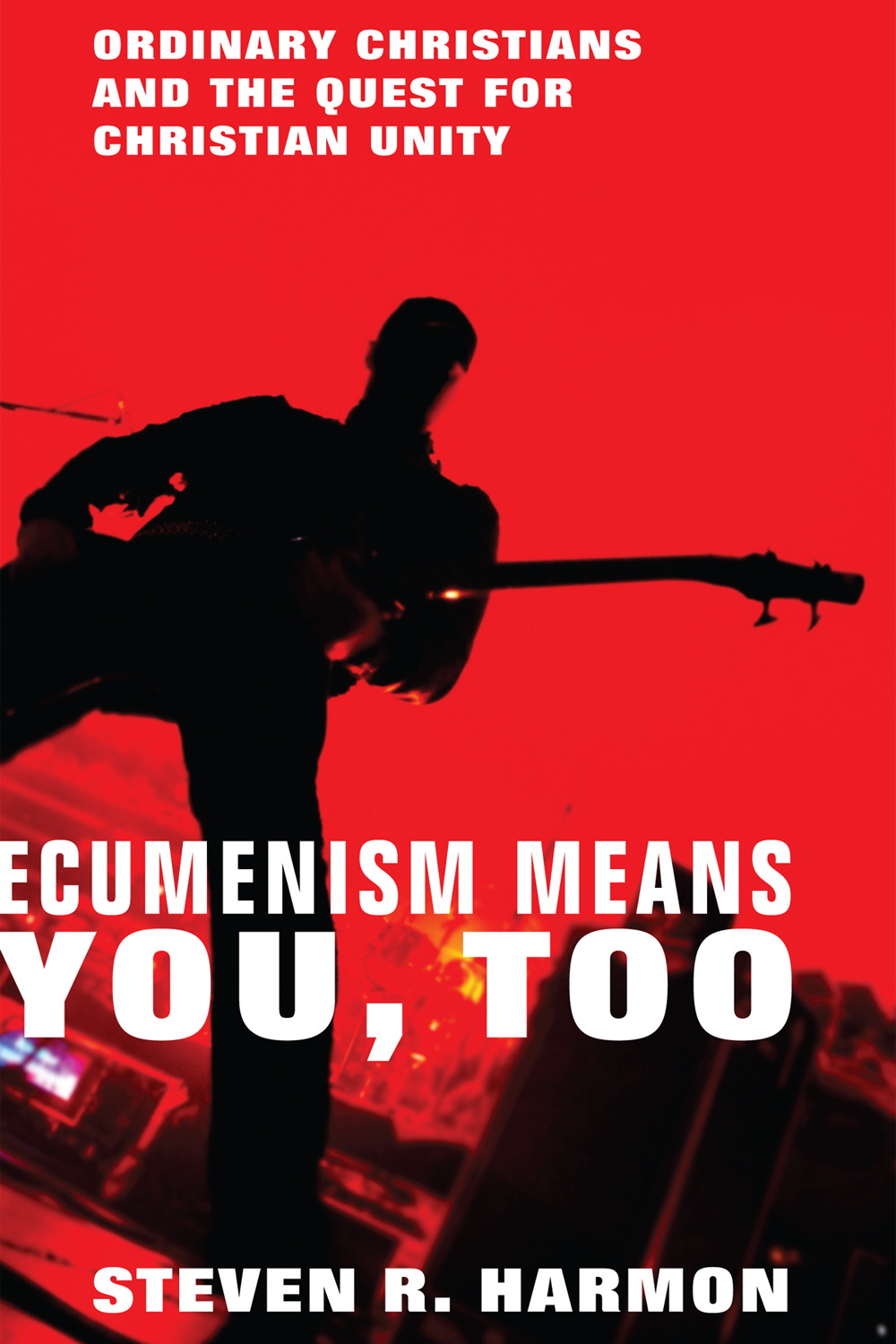 It is difficult to find good books about ecumenism. Too many seek to report the Faith and Order debate in tedious detail or else extol the many treasures we have to offer one another. Too often the whole becomes a litany of denominations and what they have to offer each other.
It is difficult to find good books about ecumenism. Too many seek to report the Faith and Order debate in tedious detail or else extol the many treasures we have to offer one another. Too often the whole becomes a litany of denominations and what they have to offer each other.
I have avoided this approach and suggest we focus upon how we approach the ecumenical task rather than tedious dissection of issues of little consequence for many people.
I therefore welcome this little book, Ecumenism Means You, Too : Ordinary Christians and the Quest for Christian Unity by Steven R Harmon, which bucks the trend and offers a masterful summary of the case for ecumenism, does not ignore the Faith and Order debates but focuses on what is important to every Christian.
It is written for young people and, although from the context of America, it is remarkable how many of the issues identified are common to Britain. Indeed, many have already been visited several times on this blog.
Harmon is encouraged by the instinctive ecumenism of many younger people who no longer recognise denominational boundaries. But he questions the wisdom of this and quotes the Irish Rock Band U2, 'We're one, but we're not the same'.
He recognises the sense that the ecumenical tide is going out, that there is less interest in ecumenism amongst younger people despite the successes of the previous century.
The ecumenical leaders of the past few decades are retiring and passing away, and few younger leaders are ready to take up their mantle. The denominations that were once heavily invested in the quest for Christian unity have now turned their energies to their worsening internal divisions. Conflicts within denominations over biblical authority, gender, and sexuality have greatly complicated efforts to secure unity between the denominations.
I will in a few future posts touch upon some insights from this book but I recommend it in its entirety because it makes a straightforward case for younger people to pick up the baton.
I should add that despite being a short and clear read, this book does not hide its scholarship. This is no attempt to water down ecumenism. Indeed it is a brilliant example of ecumenical reception, the type of reception I have argued is needed between the generations.


Comments